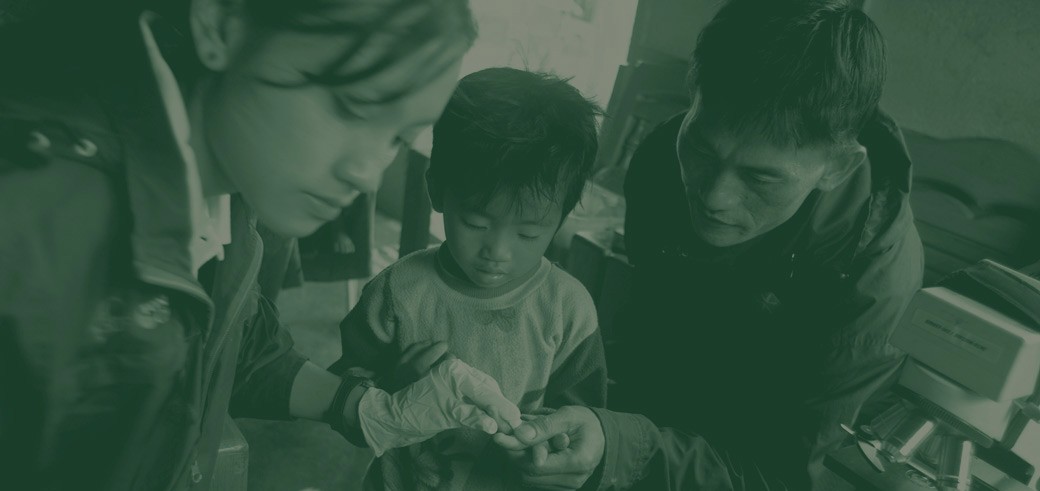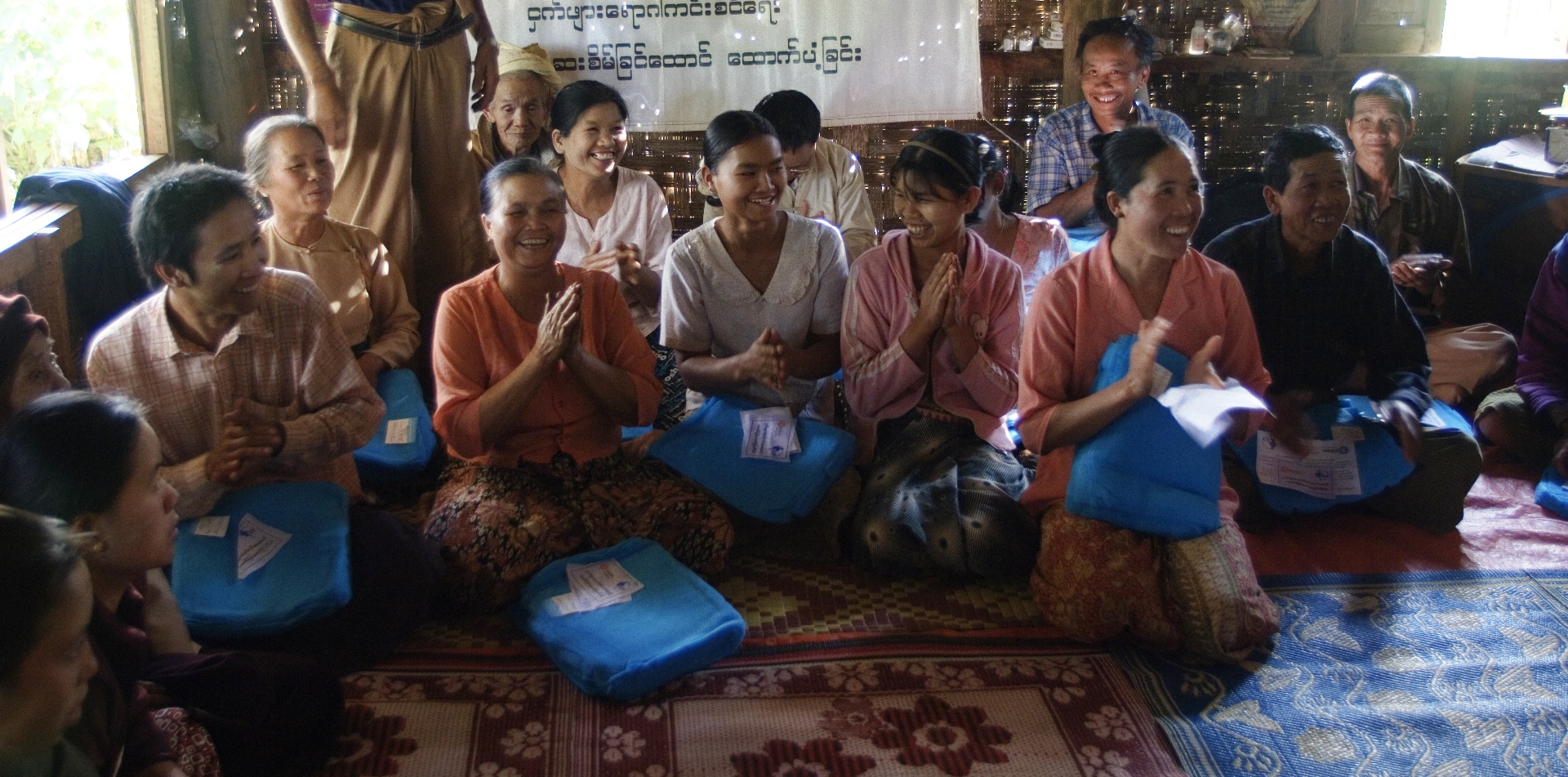Malaria in humans is caused by four parasite species, the most aggressive of which is Plasmodium Falciparum.
This parasite takes on a different disguise for every infection, circumventing the immune system and making the development of a vaccine very complex.
Because of this the most common means for combatting Malaria is still prevention and often a simple mosquito net soaked in insecticide can save lives.
Since 2002 Cesvi has been active in the rural zones of Myanmar. A daily undertaking that has had tangible results: the occurrence of malaria has fallen from over 100 cases per 1000 inhabitants to just 4 in 1000.
There are many keys to this success: from mobile clinics to preventative measures in the schools; from the distribution of insecticide impregnated mosquito nets to symptomatic treatment of the disease.
Fundamental too is the work of the volunteers, mostly young women living in the villages, who receive basic training on transmission, symptoms and the importance of prevention and prompt diagnosis of malaria.
By means of the volunteers and the healthcare team Cesvi administers quick tests to identify cases of contagion which, once confirmed, are treated with free antimalarial drugs.
Doctor Lwin and his team

Doctor Lwin and his team of nurses are tireless.
They set out on their scooters every day, laden with antimalarial drugs and medical equipment, for the isolated villages in Shan State and Kachin, in Myanmar.
They are the only hope for the inhabitants of these areas, devoid of any means for reaching hospital to be treated for malaria.
Nang, one of the many volunteers who act as links between the communities and Cesvi’s medical team, works in Man Loi village. The volunteers are trained to carry out blood tests, administer antimalarial drugs, supervise the distribution, and impregnation with insecticide of mosquito nets.
Nitau, a 35 year old woman, thanks to Cesvi’s informational meetings, has learnt that malaria is spread by mosquito bites, and how contagion takes place. One day her son Hum ran a high temperature. A few hours later the other children, Chon and little Lien, also began to shiver and have convulsions. Nitau recognised the symptoms of malaria and called Nang in the middle of the night.
The volunteer came quickly to run the tests and give antimalarial drugs, saving the lives of the three children.
